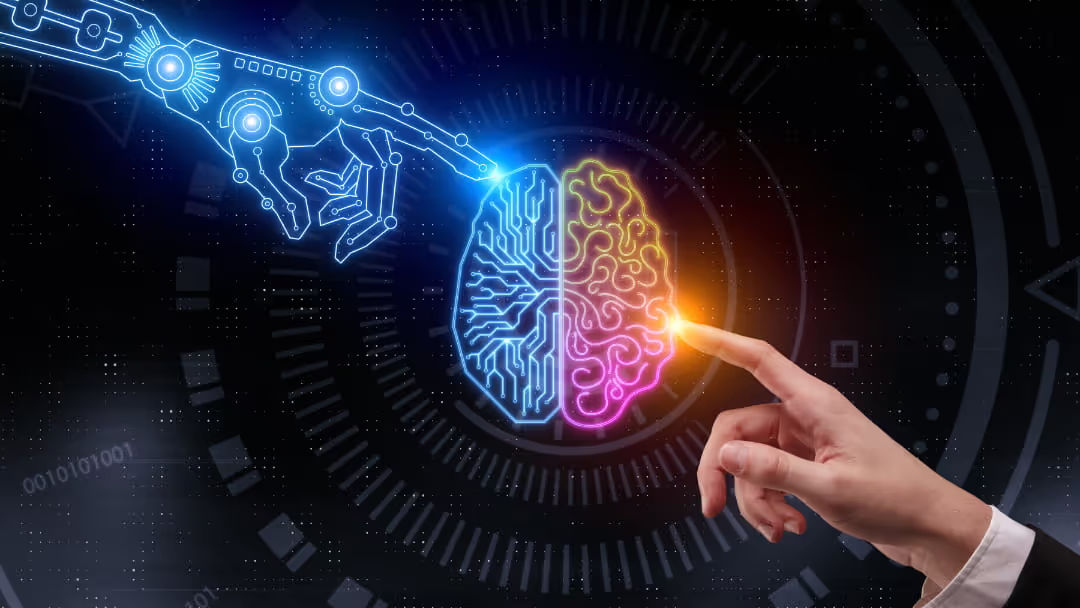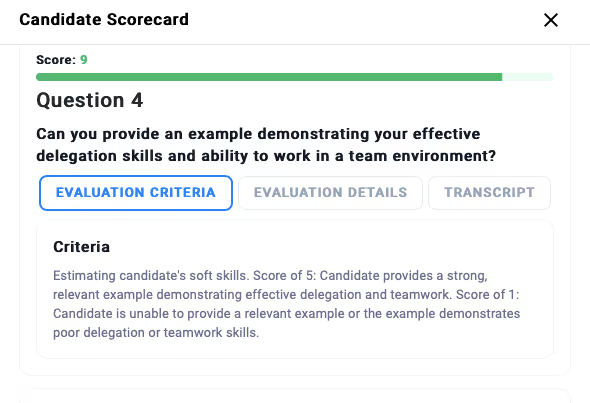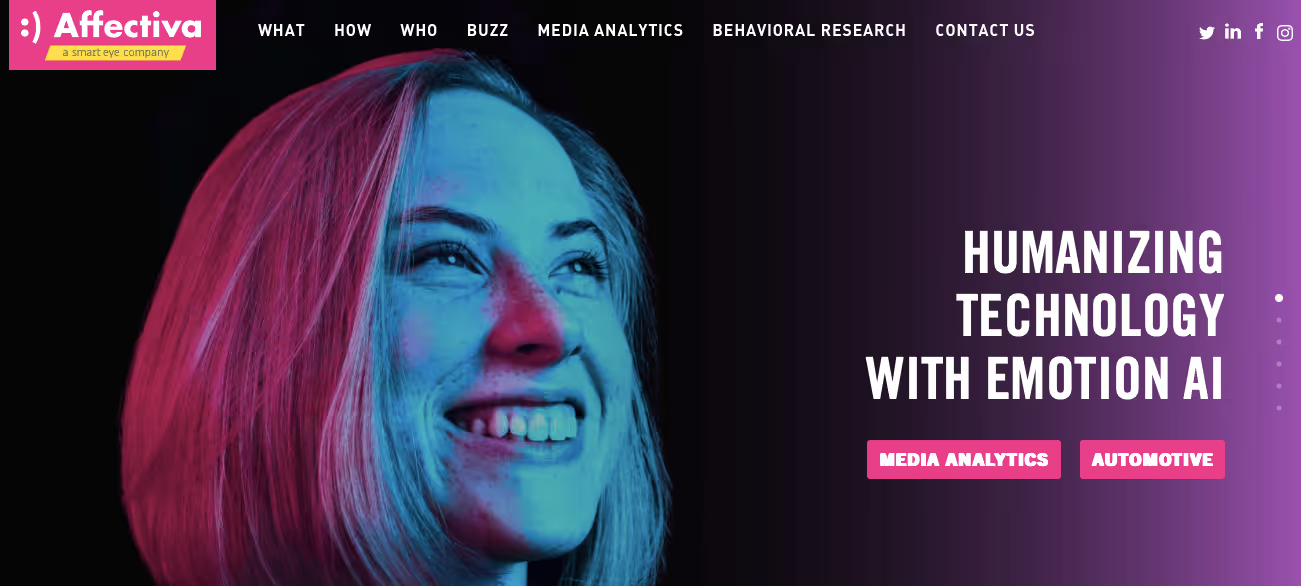The AI Empathy Machine: Can AI Master the Art of Emotional Intelligence?
In a world where the heart and mind often intersect, emotional intelligence (EQ) is heralded as a cornerstone of personal and professional success. Historically, EQ assessments have been the realm of human-to-human interaction, relying on nuanced perceptions and experiences to judge one’s ability to manage emotions, both their own and others’. However, as artificial intelligence permeates deeper into our lives, it begs the question: can AI effectively measure and understand human emotions, particularly in the high-stakes arena of job recruitment?

In a world where the heart and mind often intersect, emotional intelligence (EQ) is heralded as a cornerstone of personal and professional success. Historically, EQ assessments have been the realm of human-to-human interaction, relying on nuanced perceptions and experiences to judge one’s ability to manage emotions, both their own and others’. However, as artificial intelligence permeates deeper into our lives, it begs the question: can AI effectively measure and understand human emotions, particularly in the high-stakes arena of job recruitment?
In a world where the heart and mind often intersect, emotional intelligence (EQ) is heralded as a cornerstone of personal and professional success. Historically, EQ assessments have been the realm of human-to-human interaction, relying on nuanced perceptions and experiences to judge one’s ability to manage emotions, both their own and others’. However, as artificial intelligence permeates deeper into our lives, it begs the question: can AI effectively measure and understand human emotions, particularly in the high-stakes arena of job recruitment?
AI Steps Into Emotional Analysis
Emotional intelligence is more than just a buzzword in corporate corridors; it’s a predictive indicator of job performance, leadership effectiveness, and teamwork synergy. Companies have long valued EQ for its role in fostering a productive work environment and driving business success. According to the World Economic Forum, emotional intelligence will be one of the top job skills by 2025. Recognizing this, developers have been keen to harness AI’s potential to evaluate this soft skill. Top 10 skills of the future – World Economic Forum.
How Does AI Evaluate EQ?
AI evaluates emotional intelligence through sophisticated algorithms capable of analyzing video interviews, voice modulation, and even written communications. Tools, like HeyMilo, which leverage machine learning, assess candidates’ verbal cues to score their emotional capabilities. This primarily includes speech patterns that purportedly reflect a candidate’s empathy, resilience, and ability to collaborate.

For instance, an AI system can analyze the minute facial expressions a candidate shows in response to interview questions and compare them with a database of emotional responses. Affectiva’s research in emotion AI shows how technology is being used to interpret facial and vocal cues in real-time—impacting how candidates are evaluated and engaged.

The Science Behind the Machine
The technology grounding AI’s emotional analysis is rooted in psychological research that maps facial expressions to emotions, a field pioneered by psychologists like Paul Ekman. Modern AI systems use these findings combined with vast datasets to train models in recognizing emotional expressions accurately. Recent advancements in natural language processing (NLP) also allow AI to better understand the emotional context behind written words, enhancing its ability to judge emotional intelligence comprehensively.
Effectiveness and Accuracy
Studies show varying results on AI’s effectiveness in assessing EQ. A USC study on AI’s ability to detect emotional intelligence suggests that AI can match or even exceed human accuracy in recognizing certain emotions. They found that algorithms were particularly adept at identifying happiness but less so at complex emotions like guilt or pride. The accuracy often hinges on the quality of data used to train algorithms – garbage in, garbage out, as the adage goes.
Challenges and Ethical Considerations
However, integrating AI into EQ assessments is not without challenges. One major concern is privacy – how ethical is it to analyze a person’s facial expressions and voice without their explicit consent? Moreover, there’s a risk of bias. If AI learns from flawed data, it might perpetuate stereotypes or discriminate unintentionally. Ensuring AI fairness involves constant evaluation and recalibration of these systems.
The Future of AI in EQ Assessment
Looking ahead, the potential of AI in evaluating emotional intelligence is immense. As the technology evolves, it could become a standard tool in recruitment processes, offering a more nuanced understanding of a candidates’ emotional capabilities. However, this future hinges on tackling ethical issues head-on and ensuring these AI systems are as unbiased and fair as possible.
The journey of AI in measuring emotional intelligence is just beginning, my friends. While the technology promises a new frontier in HR practices, its success will depend on our ability to blend the emotional with the algorithmic, ensuring that human empathy is not lost in translation. As we tread this path, the convergence of AI and EQ could redefine how we perceive emotional intelligence, making it a measurable, visible facet of how we hire, work, and interact. If you found this helpful, visit our blog to learn more about AI in recruitment.
Yes, when it comes to interviews, we utilize an active proctoring layer, an AI-classifier, and more to detect cheating. We provide a trust score that indicates the likelihood of cheating.
Candidates are appreciating the ability to go beyond their resume and interview in a more interactive/adaptive manner compared to one way video interview software. We also have an average candidate satisfaction score of 4.6/5 - which highlights HeyMilo's conversational AI.
Questions can be configured with an objective evaluation criteria - so candidates are evaluated the way your recruiting team currently evaluates candidates.We additionally run 3rd party bias audit checks so with HeyMilo, you're leveraging ethical AI.





.webp)
.jpg)
%20(1).png)
%20(1).png)
